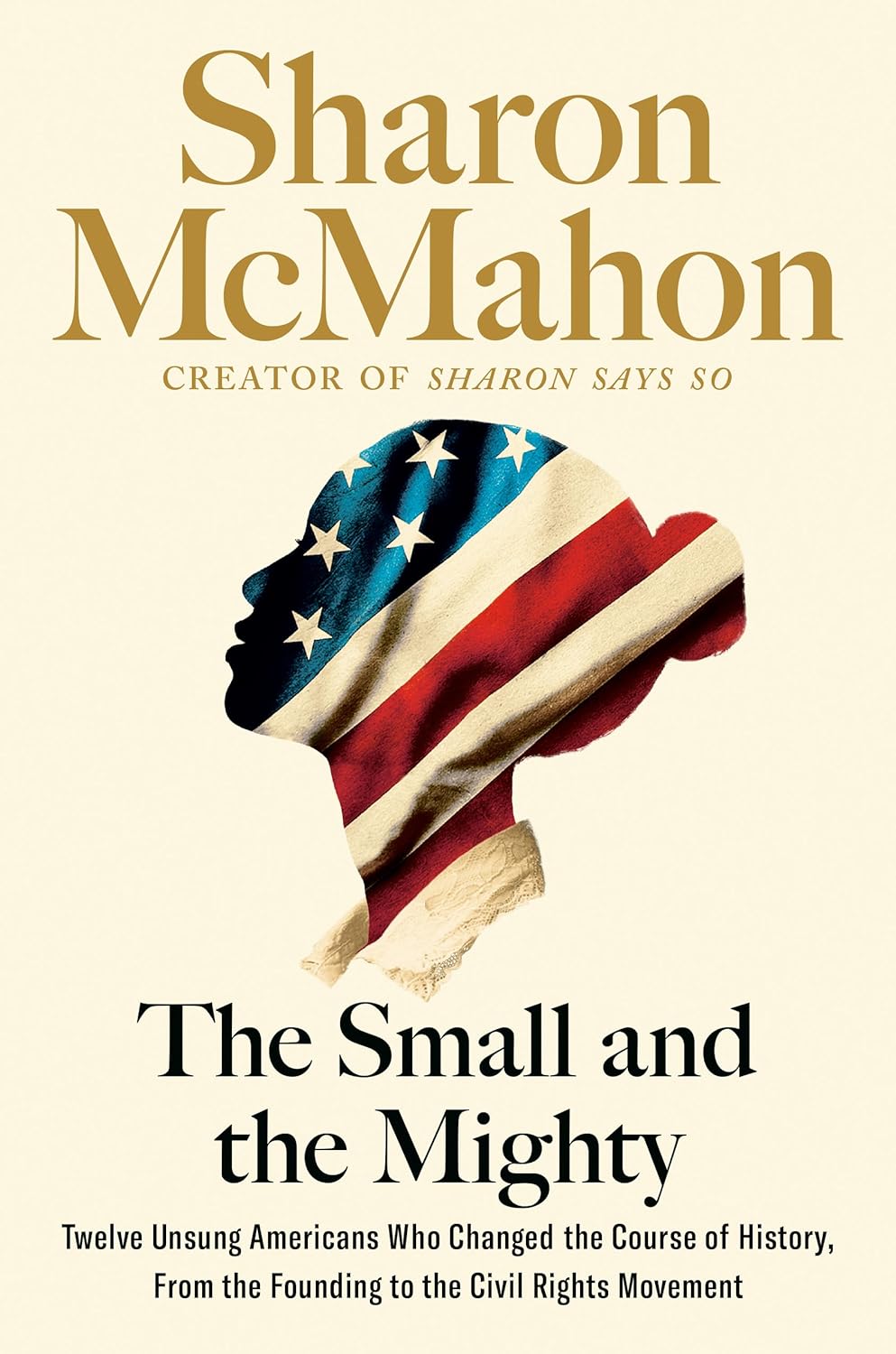Chapter 21: Norman Mineta_1950s
byChapter 21 delves into the life of Norman Mineta, focusing on his journey after the closure of the World War II-era incarceration camps where Japanese Americans were detained. Once released, Japanese American families were encouraged to integrate into mainstream American society and prove their loyalty to the nation, a message Mineta’s father, Kay, strongly emphasized. As Mineta transitioned from military service to civilian life, he was met with racial prejudice when attempting to rent an apartment, which further fueled his desire to become involved in politics. This challenge, coupled with his desire to contribute meaningfully to society, led him to join his father’s insurance business, setting the foundation for his future political career.
Mineta’s political path took significant strides when he joined the San Jose City Council, eventually becoming the city’s mayor, a remarkable achievement for an Asian American in the 1950s. His deep-rooted friendship with Alan Simpson, who had transitioned from a troubled youth to a distinguished lawyer, illustrates the unexpected bonds that transcended political and cultural divides. Despite their differing political ideologies, Mineta and Simpson maintained a mutual respect for one another, sharing moments of laughter and passionate debates throughout their careers. This unlikely but enduring friendship played a significant role in shaping Mineta’s ability to navigate political challenges, particularly in advocating for justice and equity for those who had been marginalized by society.
Mineta’s advocacy for justice reached a turning point when he served alongside Daniel Inouye in Congress, where they championed reparations for Japanese Americans who had been wronged during WWII. Their efforts culminated in the passage of the Civil Liberties Act of 1988, a landmark piece of legislation that granted reparations to those who had been incarcerated. The bill passed with strong bipartisan support, marking a pivotal moment in the ongoing struggle for recognition and dignity for Japanese Americans. President Reagan’s signing of the act publicly acknowledged the injustices faced by Japanese Americans, reinforcing the importance of addressing historical wrongs and the need for continued progress in securing equality for all Americans. Mineta’s role in this historic achievement underscored his lifelong commitment to advocating for justice, especially for those who had faced systemic discrimination.
Mineta’s public service continued as he became the first Asian American to hold a cabinet position, serving as Secretary of Commerce under President Clinton and later as Secretary of Transportation under President George W. Bush. In this capacity, Mineta was instrumental in responding to the 9/11 attacks, making swift decisions to ground all planes in U.S. airspace to prevent further disaster, reflecting his deep commitment to public safety and national security. His decisive actions in the aftermath of such a tragic event demonstrated his leadership and dedication to protecting the nation while navigating complex, high-stakes situations. Mineta’s role in shaping policy during this critical time further solidified his legacy as a figure committed to both justice and the well-being of the American public.
Throughout his life, Mineta stood as a staunch advocate against racial profiling and inequality, drawing from his own painful experiences with injustice. His advocacy for equity was not just shaped by his work in public office but was also deeply rooted in his personal journey as a Japanese American who had faced prejudice firsthand. As the chapter concludes, Mineta and Simpson’s collaboration on the Mineta-Simpson Institute stands as a testament to their shared commitment to remembering the lessons of history while promoting social justice. Their friendship and mutual respect serve as powerful reminders of the importance of service to others and the enduring fight for justice. As both men reflect on their lives and careers, their legacy continues to inspire future generations to uphold the values of equality and fairness, making their work in the political sphere a lasting contribution to American society.

